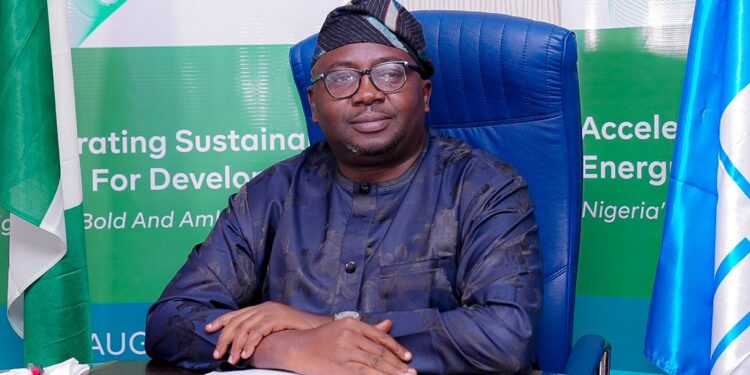The Federal Government has said it needs $10 billion in private investment in the power sector, over the next five to 10 years, to achieve 24-hour power supply.
The Minister of Power, Mr Adebayo Adelabu disclosed this when the Director-General of Infrastructure Concession Regulatory Commission (ICRC), Dr Jobson Ewalefoh paid him a courtesy visit.
The Acting Head of Media and Publicity of the ICRC, Mr Ifeanyi Nwoko, issued a statement on the visit on Wednesday.
In the statement, Adelabu said that the government alone could not afford the 10 billion dollars, when there were other critical sectors in need of funding.
“Government cannot do it alone this is why we have to look for organised private sector funding, while still retaining government interest and ownership.
“That is where ICRC comes in. We need to do this in collaboration with the private sector and the best way is through concession,’’ he said.
Private investment in power sector
Earlier, Ewalefoh said it had become imperative to seek private sector input through Public Private Partnership to improve the power sector.
He said in view of the importance of power to the economic development of the nation, optimising performance of existing infrastructure as well as funding new ones was imperative.
- The ICRC boss said that the challenges in the sector were many and had gone beyond funding by the Federal Government alone.
- According to him, with inter-agency collaboration and partnership with the private sector, the limitations could be addressed.
- The D-G said that through its regulatory processes, the ICRC could midwife private sector investment to raise part of the 10 billion dollars needed in the sector to provide regular electricity.
- He added that the ICRC could also attract more foreign direct investment to other sectors and ultimately grow the economy.
“Revamping the power sector requires planning, it involves investments and it takes time. So, we need to collaborate to solve the issues in this sector.
“The investment required in the power sector is very huge and government cannot fund it alone, so we have to leverage on the financing capacity of the private sector. That is why the ICRC was set up to regulate this leverage,” he said.
- Ewalefoh commended the minister for his vast knowledge of the sector, noting that President Bola Tinubu ‘s decision on his choice was commendable.
- He recalled that in a bid to accelerate PPP investment as directed by the President, the commission issued a 6-point policy direction which streamlined the process of PPP service delivery.
- The D-G said that the commission was not relenting or compromising on its stringent regulatory function to forestall contingent liabilities or unnecessary delays by companies that lacked the requisite capacity.
What you should know
Nigeria has been having a perennial electricity problem for years without a requisite solution in sight. As a result, Nigerians have continued to grope in darkness due to the challenges bedeviling the power sector in the country.
According to World Bank statistics, 85 million Nigerians do not have access to grid electricity. This is a staggering figure, considering the country’s estimated population of 200 million, and it makes Nigeria a country with the largest energy access deficit in the world.














